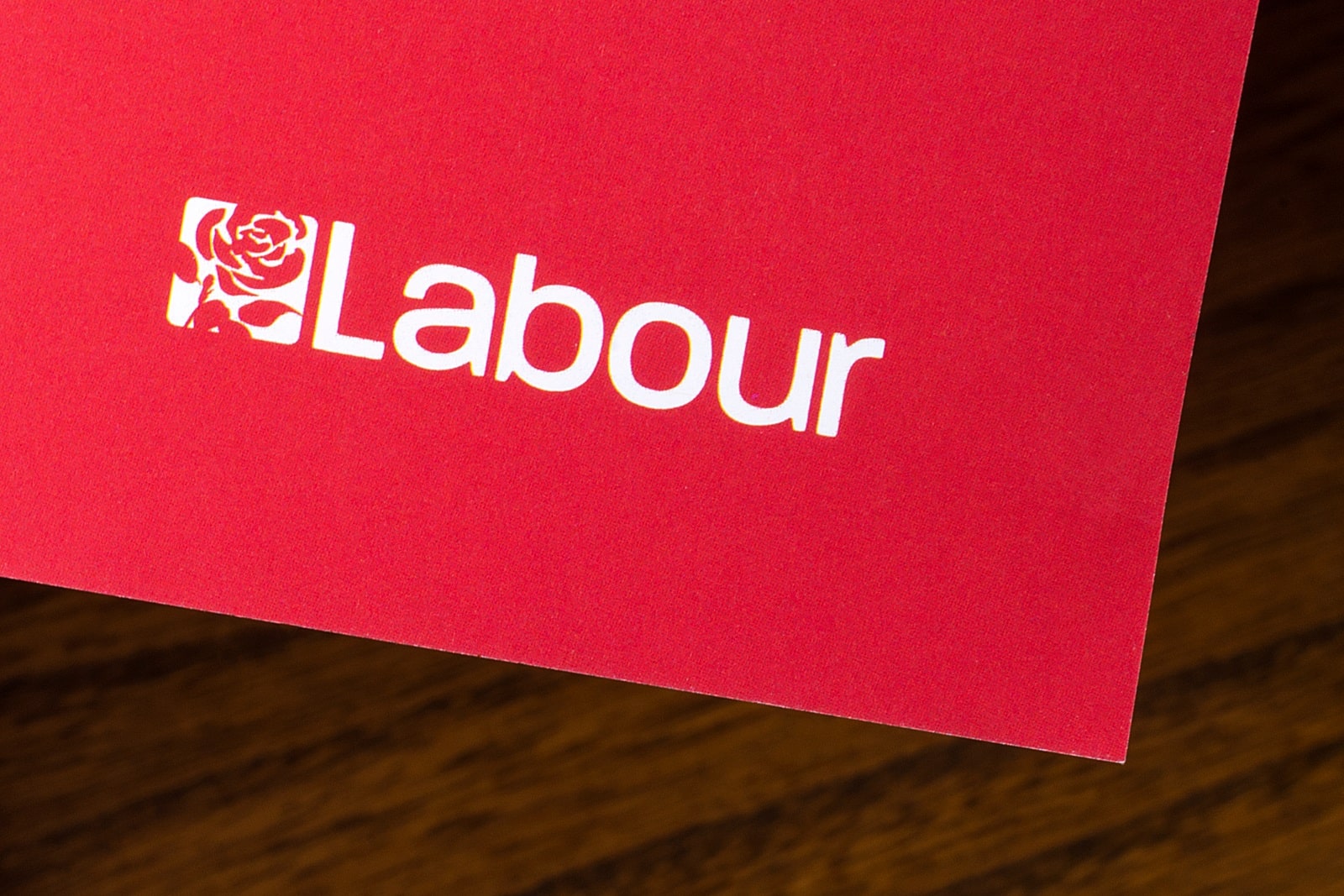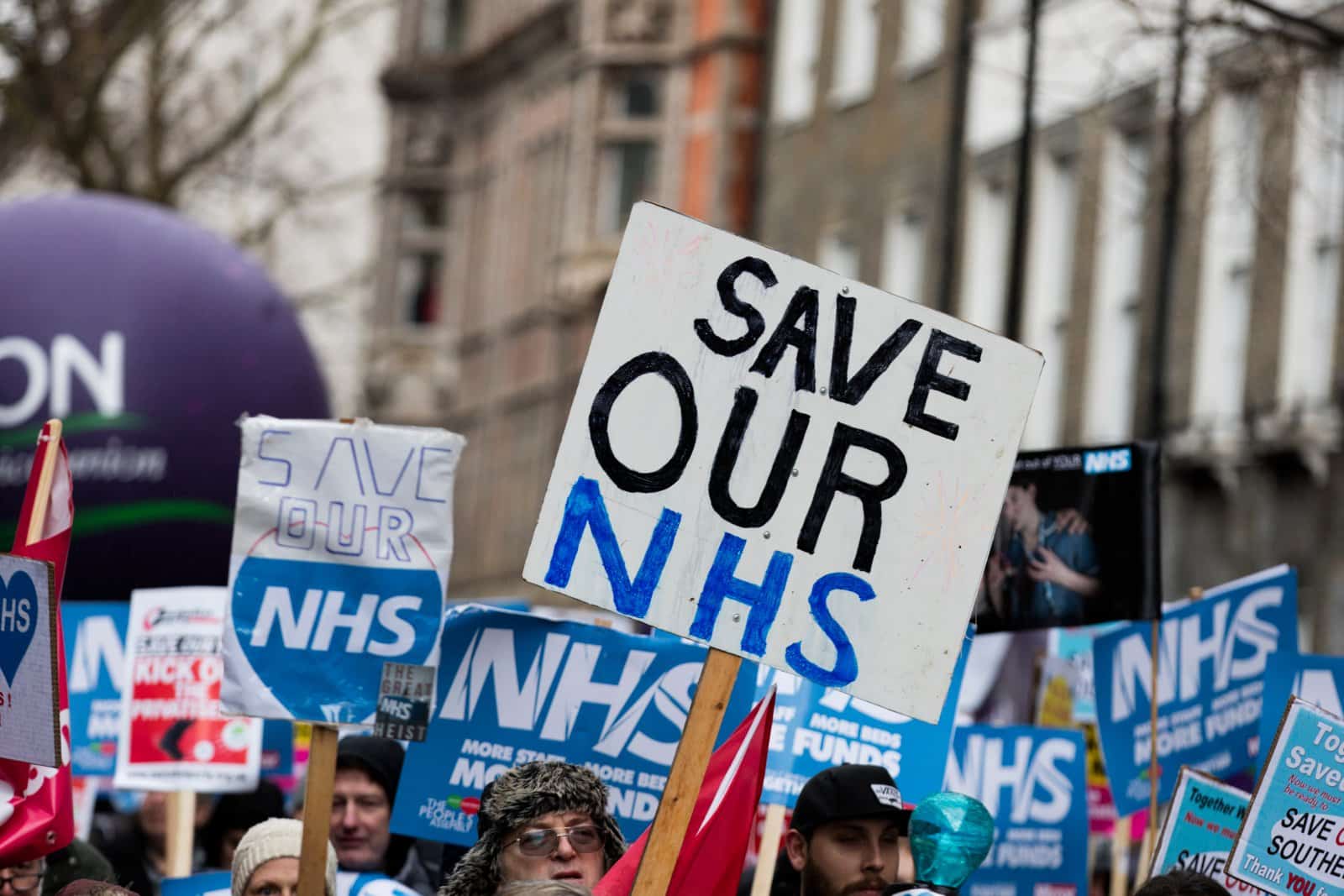The government has announced that it will repeal the Strikes Act 2023 to restore public services and strengthen the rights of all workers.
Strikes Act of 2023

The Strikes (Minimum Service Levels) Act 2023 tried to enforce that specific sectors provide a minimum level of service even during strikes.
MSL Meant to Be Retained During Strikes

The Minimum Service Levels are the legally required levels of service that must be maintained even during industrial action.
Key Departments Get Informed

The Deputy Prime Minister, Angela Rayner, and Business Secretary, Jonathan Reynolds, have written to all the key departments most affected by strikes.
Legislation to Be Repealed

They informed those in various affected sectors, such as Education, Health, Transport, The Home Office, Energy and the Welsh and Scottish governments, that the new government does not support the concept of Minimum Service Levels (MSLs) and intends to repeal the legislation that enforces MSL.
12 Metro Mayors: The Key to New Change

In addition, they have also reached out to all 12 metro mayors to encourage them to start working with local employers to prepare for the change.
Mayors Are Important in Resetting Relationships

The mayors are seen as essential partners in improving the relationships with the sectors impacted by strikes.
Fundamental Freedom Should Be Granted

Rayner said, “Attempting to clamp down on the fundamental freedom of working people has got us nowhere and this was targeted at sectors who dedicate their lives to serving us all.”
Pointless Law Scrapped

She said, “That’s why we are scrapping this pointless law and creating a new partnership between business, trade unions and working people through our New Deal.”
Mounting Surge of Walkouts

This act change has responded to thousands of walkouts of public sector workers due to pay, jobs and general conditions.
Unpicking the Law

The Labour government intends to reverse the laws by introducing the Employment Rights Bill within the first 100 days.
Old Legislation Drew a Wedge

Ministers have since acknowledged that the legislation intended to mitigate the impact of the strikes by ensuring a minimum level of service was unsuccessful in preventing or resolving any strikes.
Tension Grew Between the Government and the Workers

The old legislation worsened the relationship between the government and the workers, causing increasing tension, especially in the NHS.
Strikes Were Costly for the NHS

The NHS had ongoing strikes, which were extremely costly, amounting to £1,7 billion in just one year.
Strikes Impact Rail Service

Strikes have also heavily impacted the rail network, with a standstill causing schools to close and appointments and daily operations to be delayed.
“New Deal for Working People”

The new government has promised a “New Deal for Working People,” which includes banning exploitative zero-hour contracts, in which employers are not obligated to provide a minimum number of hours, and “fire and rehire,” in which employees are left under worse terms and conditions.
“Grown-up Era”

The TUC’s general secretary, Paul Nowak, said it was time for a “new grown-up era of industrial relations.”
“Vindictive” MSL’s

He also referred to the MSLs as “vindictive” and welcomed the repeal of the legislation.
Employers Notice Toxic Laws

Nowak stated, “It speaks volumes that not one single employer to date has issued a work notice ordering staff to break a strike. They too can see how toxic these laws are.”
Part One of the Plan in Motion

Rayner has said, “Repealing this legislation is the first part of our plan to reset industrial relations so they are fit for a modern economy.”
Featured Image Credit: Shutterstock / William Barton.
The images used are for illustrative purposes only and may not represent the actual people or places mentioned in the article.

